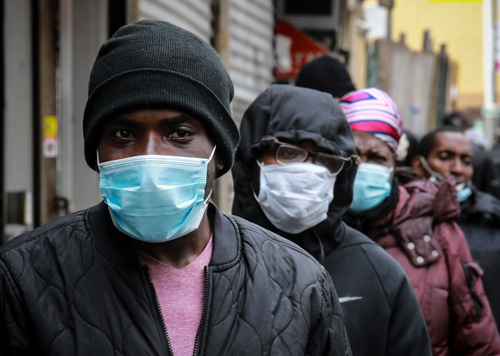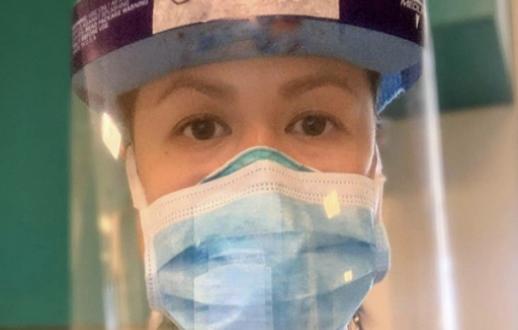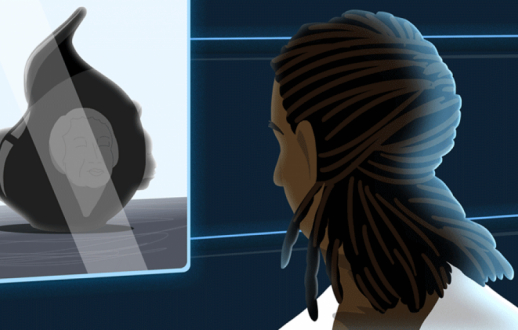Our Pillars
Race and Wellness
This pillar addresses the impact of racism on the wellbeing of individuals and communities.

Racism and Health
Racism is a public health threat that has traumatic effects on the physical, emotional, and mental health of individuals, families, and communities. An equitable future is one where people of all races can not only live but live well.
Featured Videos
Watch select sessions from the Our Shared Future: Reckoning with Our Racial Past forum that address issues of health and wellness.
The Big Picture: Mental Health and Trauma
Panel Discussion: Mental Health and Trauma
The Pursuit of Wellness
3D Digital Collections
Museum objects have stories to tell to help us learn more about the complicated history and legacy of race and racism. Learn how to view each object's story with the Voyager 3D viewer.
View moreFeatured Resources
Explore additional resources related to race and wellness.
Bibliography
Alexandra Minna Stern. Forced Sterilization Policies in the US Targeted Minorities and those with Disabilities – and lasted into the 21st Century. The Conversation, 26 Aug 2020.
Amanda Morris. ‘You Just Feel Like Nothing’: California to Pay Sterilization Victims. New York Times, 11 July 2021.
‘You Just Feel Like Nothing’: California to Pay Sterilization Victims
Derek Hawkins. California once forcibly sterilized people by the thousands. Now the victims may get reparations. Washington Post, 9 July 2021.
California once forcibly sterilized people by the thousands. Now the victims may get reparations.
Elisabeth Gawthrop. The Color of Coronavirus: Covid-19 Deaths by Race and Ethnicity in the U.S. APM Research Lab, 2023 May 17.
The Color of Coronavirus: Covid-19 Deaths by Race and Ethnicity in the U.S.
Maya Manian. Immigration Detention and Coerced Sterilization: History Tragically Repeats Itself. American Civil Liberties Union, 29 Sept 2020.
Immigration Detention and Coerced Sterilization: History Tragically Repeats Itself
Nancy Hicks. Sterilization of Black Mother of 3 Stirs Aiken, S.C. New York Times, 1 Aug 1973.
Sterilization of Black Mother of 3 Stirs Aiken, S.C.
Media Statement from CDC Director Rochelle P. Walensky, MD, MPH on Racism and Public Health, Centers for Disease Control and Prevention, 8 April 2021.
Media Statement from CDC Director Rochelle P. Walensky, MD, MPH on Racism and Public Health





